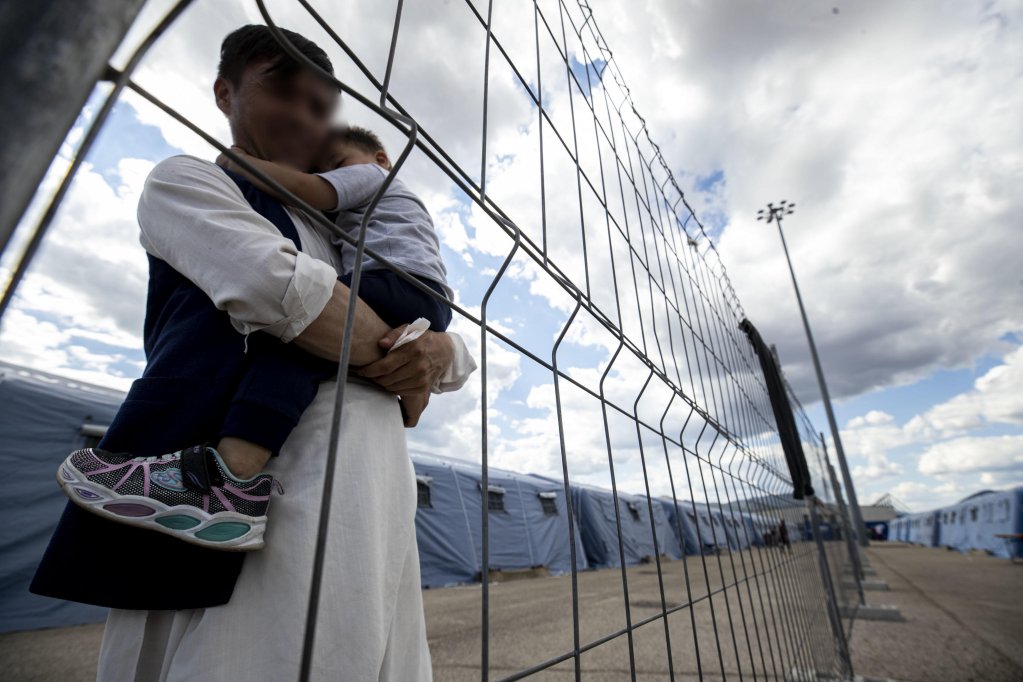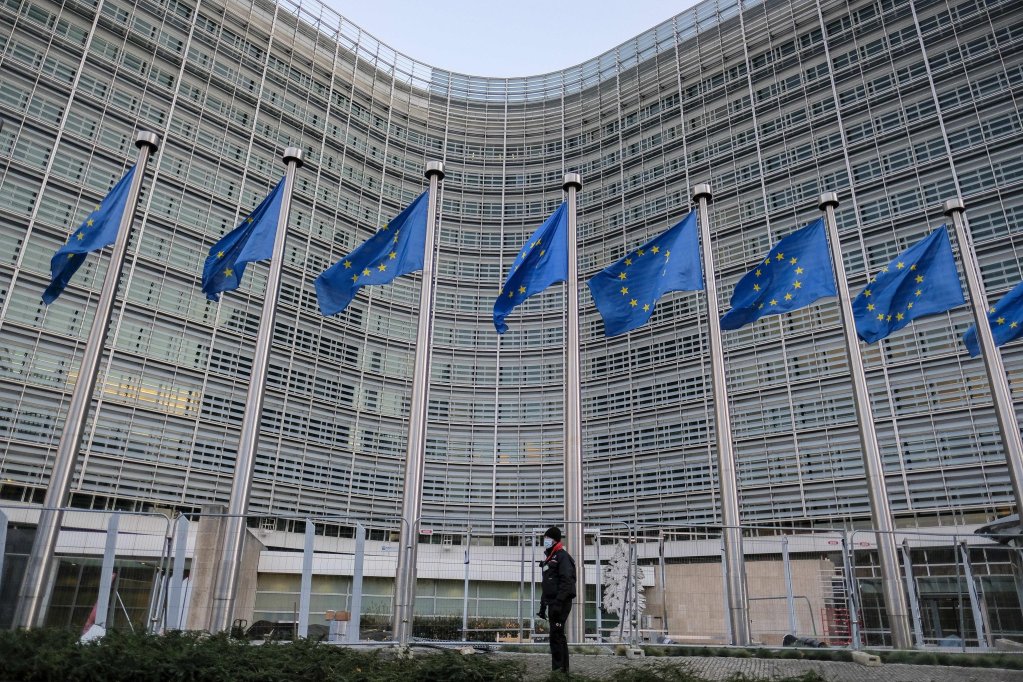EU countries are considering withdrawing trade privileges from partner countries that refuse to take back failed asylum seekers. Rights groups say the proposal uses trade as economic blackmail to control migration.
In the latest move to tighten migration policy, EU member states are proposing to block exports from developing countries that do not take back its citizens whose applications for asylum have been rejected.
The European Commission has been deliberating on making lower tariffs and preferential trade benefits, extended to developing countries under the Generalized Scheme of Preferences (GSP) trade framework, conditional on third countries taking back undocumented migrants.
This would mean that GSP beneficiary countries could lose their trade preferences if they refuse to take back asylum seekers whose applications to stay in Europe have been denied.
Under the different GSP schemes, developing countries are allowed to export goods to the EU at low or no tariffs.
The removal of import duties is meant to aid resource-poor countries meet sustainable development goals such as poverty alleviation and job creation.
In exchange, GSP beneficiary countries must agree to abide by certain international treaties on labor and human rights as well as good governance.
Political and economic blackmail

In a news report by Politico, former World Trade Organization (WTO) lawyer Geraldo Vidigal said that withdrawing trade preferences because a country fails to cooperate in returning migrants is a breach of global trade rules and "does not respond to the development, financial or trade needs of developing countries … but to a political objective of the European Union."
Last month, a group of 20 organizations sent a letter to the European Commission (EC) arguing that the move "would prevent countries from benefiting from GSP arrangements that can effectively promote protection for human rights and alleviate poverty, repression and poor governance, conditions that can lead people to feel they have no choice but to leave their homes, and which are root causes of forced migration."
Last year, there were nearly 1 million asylum applications in the EU, Switzerland, and Norway, the highest number since 2016.
Syria and Afghanistan were the main countries of origin for asylum seekers. Both nations are on the list of GSP partner countries.
According to the UN Refugee Agency (UNHCR), more than 7 in 10 of all refugees and other people in need of international protection come from just five countries. Two of those countries are Syria and Afghanistan.
Trade to aid developing countries

Enacted over 50 years ago, GSP was meant to facilitate developing countries' participation in the European trade market.
As of 2022, the EC listed 65 countries around the world which benefit from the reduced tariffs on their products that are traded in Europe. According to a 2018 GSP mid-term evaluation, GSP is delivering on its main objectives of contributing to poverty eradication and sustainable development in partner countries.
In 2020, the European Commission announced the partial suspension of Cambodia's preferential trade privileges under GSP because the country failed to address human rights violations and violated the right to freedom of expression. The withdrawal reportedly affected an estimated one-fifth or €1 billion of Cambodia's yearly exports to the EU.
The southeast Asian country is the second-largest beneficiary of the GSP program.
